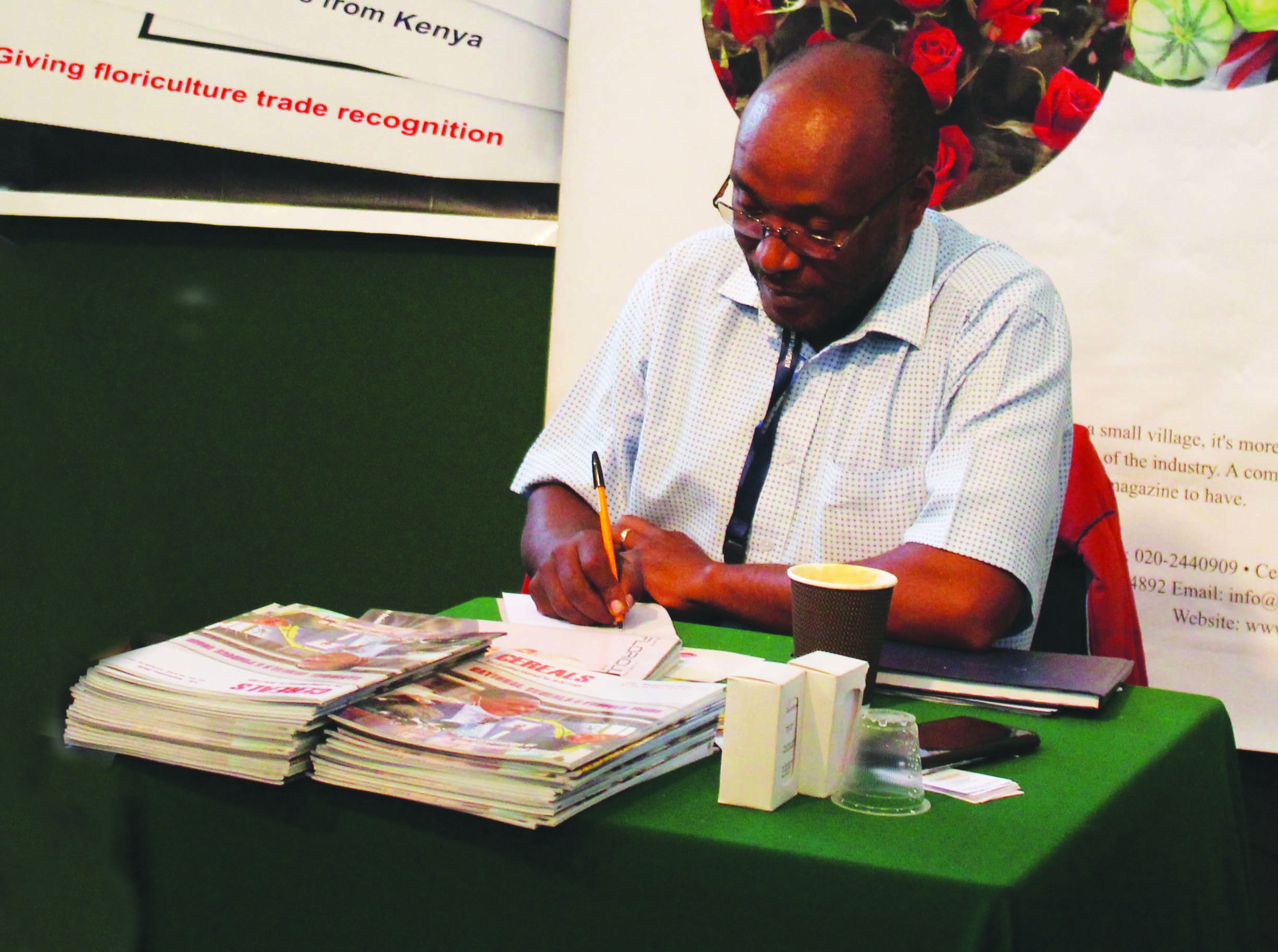The floriculture sector is rapidly evolving towards sustainable practices. The latest RFH Trend Report on Floriculture reveals that more than 80% of growers have begun implementing strategies to improve their sustainability, focusing particularly on water and energy efficiency and the use of organic crop protection methods.
Collaboration is considered vital by growers and

buyers in the industry. While certification is important for enhancing transparency and trust in the supply chain, it should not result to business closure or limit product variety.
At Floriweek, we recognize sustainability is not just an option, but a necessity and an opportunity. The future of the floriculture industry will be characterized by transparency regarding its supply chain impact, accountability for its practices, and a commitment to tackling social and economic issues, primarily through collaborative efforts.
Growers are making strides towards sustainability, reflecting a common goal among many entrepreneurs. However, some growers have raised concerns about certification requirements, the potential consequences of growers ceasing operations, and how this could affect the variety of flowers and plants available.
Despite these worries, analysis indicate that the chances of a significant decrease in variety due to some producers stopping operations for certification purposes are low. It is encouraging to see that many growers consider improving the sector’s sustainability as their responsibility and actively work towards this objective every day.
It is important to highlight that most growers are worried about European laws and regulations. To foster sustainability, growers must follow clearly established frameworks. It is especially the growers’ responsibility to clearly understand the laws and regulations that affect them, put them into practice, and communicate this information to all stakeholders.
